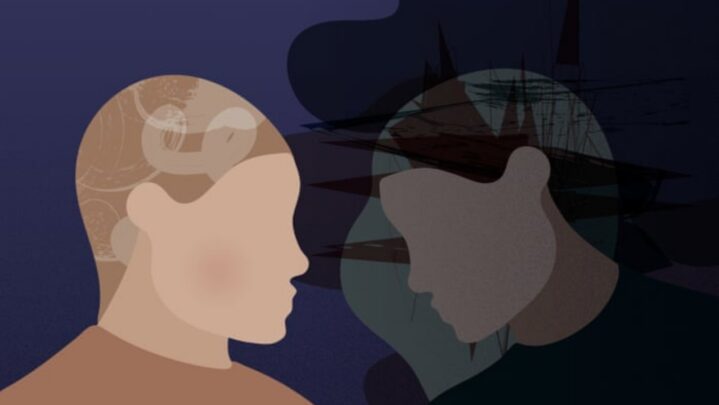Borderline personality disorder (BPD) is a mental illness marked by mood swings, unpredictable behavior, and strained relationships. It shows itself in a variety of ways, but mental health practitioners categorize the symptoms into nine broad groups for diagnosis, as per help guide reports. You must exhibit at least five of these symptoms in order to be diagnosed with BPD. Furthermore, the symptoms must have been present for a long time (often since puberty) and have affected many aspects of your life.
Here are 9 personality traits that BPD patients exhibit.
1. Self-harm
People with BPD are more likely to engage in suicidal behavior and self-harm. Suicidal conduct can range from contemplating suicide to making suicidal gestures or threats to actually attempting suicide. Cutting and burning are two common types of self-harm.
2. Abandonment anxiety
People with BPD are frequently afraid of being abandoned or left alone. Even trivial events can cause significant anxiety. This can result in desperate attempts to keep the other person close and they may beg, cling, instigate conflicts, track their loved one’s whereabouts, or even physically prevent them from leaving.
3. Unstable relationships
Unstable relationships are another characteristic of BPD. They have a tendency towards intense, short-term relationships.
4. Unstable self-image
BPD sufferers have a shaky sense of themselves, with an unclear or fluctuating self-image. They may think well of themselves at times, yet they may despise or even despise themselves at other times. They are unsure of who they are or what they want out of life. As a result, individuals may change employment, friends, partners, religion, values, objectives, and even sexual identity on a regular basis.
5. Impulsive behaviors
BPD individuals may engage in dangerous, sensation-seeking behaviors, particularly when they are disturbed. They may impulsively engage in risky behaviors that, while temporarily making them feel better, have long-term consequences and harm them.
6. Emotional ups and downs
BPD is associated with erratic emotions and moods. Little things that other people dismiss can send them into a whirl of emotions. These mood swings can be severe, but they normally dissipate rapidly, lasting only a few minutes or hours.
7. Feelings of emptiness on a regular basis
People with BPD frequently describe themselves as feeling empty, as if they have a hole or void inside them. They may feel as though they are nothing or nobody at times.
8. Anger issues
People who suffer from BPD are prone to rage and have a short fuse. Once the fuse is ignited, they have difficulty restraining themselves, yelling, hurling objects, or becoming entirely overwhelmed by wrath.
9. Disconnection from reality
Paranoia or suspicious ideas regarding the motives of others are common in people with BPD. They may even lose contact with reality when they are stressed, a condition known as dissociation.
Keep reading successyeti.com





